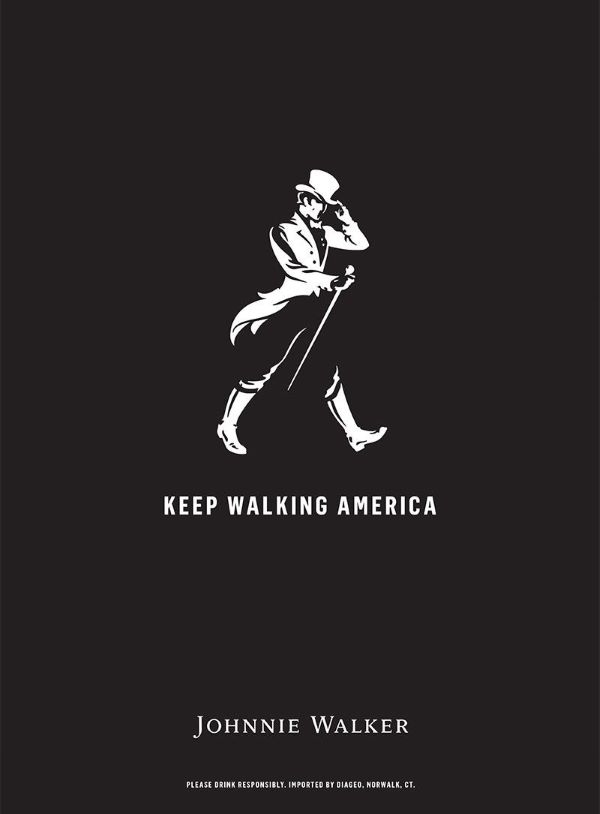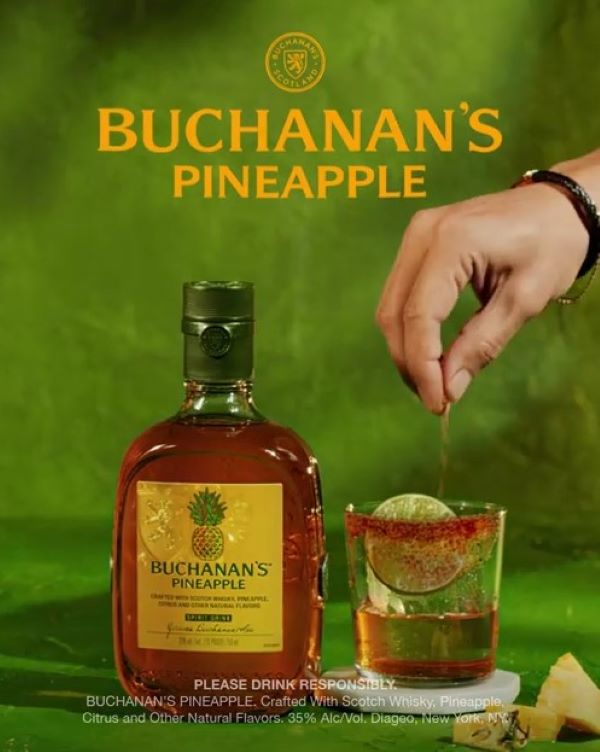American Blues
Plenty of British rock stars would sympathise with the plight of Scotch whisky in its biggest market. The US has never been easy to crack for bands or brands, and conditions appear particularly tough right now, discovers Ian Fraser ….
Many in the Scotch whisky industry are putting a positive gloss or brave face on it, blaming the fallout from the "Covid supercycle" and the inventory overhangs that arose from post-pandemic trade loading. But it is difficult to ignore the fact that the underlying sales trends in their product's biggest market, the United States, look pretty negative at the moment.
No category of Scotch experienced volume growth in 2023, according to the latest data from the Distilled Spirits Council of the US (DISCUS). Single malt Scotch volumes were down by 16.6% to 2.06 million cases in 2023, with sales down by nearly a fifth between 2021 and 2023, a year when volumes were lower than at any time since 2014.

DISCUS data also showed that Scotch sales by value, including federal excise taxes, were almost universally down, with only the 'high-end premium' category showing any growth in 2023. Meanwhile so-called 'value' Scotch was down 5.4% to US$90m, 'premium' was down 5.2% to US$377m and – perhaps worryingly, given "premiumisation" is so important for the industry – 'super premium' was down 9.3% to $945m. Speaking at a Scotch whisky investor event held at Johnnie Walker Princes Street last year, Diageo chief executive Debra Crew corroborated the trend, saying: "We're seeing bottles above $100, the luxury end, is definitely slowing down [in the US market]."
Meanwhile SWA figures show US exports fell 7.1% by value to £978m in 2023, with bottled blends – long the market's biggest sub-category – down by 12.5% to £526m. Single malts fared better, with value falling just 1.3% to £394m. Single malts, of which the most popular are The Glenlivet, The Macallan and Glenfiddich, now account for over 40% of Scotch exports to the US by value though only 19% by volume. Recent figures from the National Alcohol Beverage Control Association suggest category shrinkage is set to continue throughout 2024. These showed that in January (year-on-year versus January 2023) volume sales of Scotch were down 8.8% and value sales down 7.9%.
The popularity of American, Canadian and Irish whiskeys is another of the complications that distillers must contend with when selling into the huge US market, alongside periodic surges in popularity of spirits such as gin, rum, vodka and tequila. According to Insider Monkey, Johnnie Walker, despite being America's favourite Scotch, is eclipsed by six non-Scotch whiskeys - Crown Royal, Jack Daniels, Jameson, Jim Beam, Maker's Mark and Bulleit - stateside. Ironically two of these are owned by, and being prioritised for growth, by Diageo.

According to HMRC export data, the category of Scotch which is enjoying the fastest growth in the US at the moment is single-grain Scotch, exports of which surged 161% to £8.84m in 2023. Arbikie Distillery commercial director Iain Stirling believes this is down to the fact "more consumers are willing to experiment, and perhaps also because more female drinkers prefer single grain". He said his company's Arbikie 1794 Highland Rye Single Grain Scotch Whisky "has been very well-received" in the US.
Bulk blends are another point of light. Exports surged 33% to £19.7m in 2023 and they now account for one-quarter of US imports of Scotch by volume. This is partly thanks to the success of Whyte & Mackay's Cluny, America's sixth biggest-selling blended Scotch. A malt-heavy blend, warehoused in Scotland for three years before being shipped to Heaven Hill in Kentucky for bottling, Cluny contains Jura, Dalmore, Tamnavulin and Fettercairn malts as well as grains, and is sold in 1.75-litre plastic bottles for $20.
Top whisky executives believe these downward trends are going into reverse. On an earnings call in February, Pernod Ricard chairman and chief executive Alexandre Ricard said the US market for Scotch is "finally normalising", with the French company – whose key Scotch brands in the US include Glenlivet, Chivas Regal and Ballantine's – predicting a return to "mid-single-digit growth" by February 2025. "So far, based on what we expected from the US market in terms of sellout, that is perfectly in line with our expectations," said Ricard.
Speaking at Diageo's interim results in January, CEO Debra Crew was marginally more downbeat, saying: "The US consumer environment is still normalising from the Covid supercycle. While consumer sentiment is improving versus the prior year, consumers are still facing multiple headwinds, including higher interest rates and higher-priced food baskets. So, while consumers are resilient, they're still cautious and choiceful. Premiumisation continues, but there are some pockets of downtrading."
One of the biggest successes Diageo has had here in recent years has been with Buchanan's. Fuelled by the launch of a pineapple-flavoured expression in February 2023, Buchanan's US sales soared by 36% in the second half of last year. And, last November, Diageo refocused its marketing efforts for the blend on Hispanic consumers, with a convivial and vibrant 'We are the spirit of the 200%' campaign featuring Hispanic-American celebrities, including stand-up comedian Marcello Hernández. The concept is that you can be 100% Hispanic and 100% American.

Leonard Russell, managing director Ian Macleod Distillers, whose whiskies include Glengoyne, Tamdhu, Rosebank and Smokehead, believes the biggest obstacle facing smaller brands is the US is the country's notorious three-tier distribution system, a relic of the end of Prohibition in 1933. "The distributors are huge and there are few of them. Small brands are very far down the list of priorities for their sales teams who are driven by sales incentives for the huge brands" says Russell.
This appears to have lain Stirling behind Arbikie’s decision to terminate its relationship with gigantic distributor Southern Glazer’s – whose $25 billion annual turnover exceeds that of Diageo – and switch to the smaller WineBow Imports last year. Stirling says Virginia-based Winebow is "about the eighth-largest distributor in the US and a perfect fit for us."
"No new market is easy to enter and the US is more complex than most," he adds, having returned from a visit there in mid-April. "But, just because something’s hard to enter, it doesn’t mean you shouldn’t take up the challenge. It is a very competitive market, but also a very knowledgeable, diverse and valuable one. The premium space is where the growth is and there is endless scope for niche products such as ours."

Ian Fraser is a financial journalist, a former business editor of Sunday Times Scotland, and author of Shredded: Inside RBS The Bank That Broke Britain.




